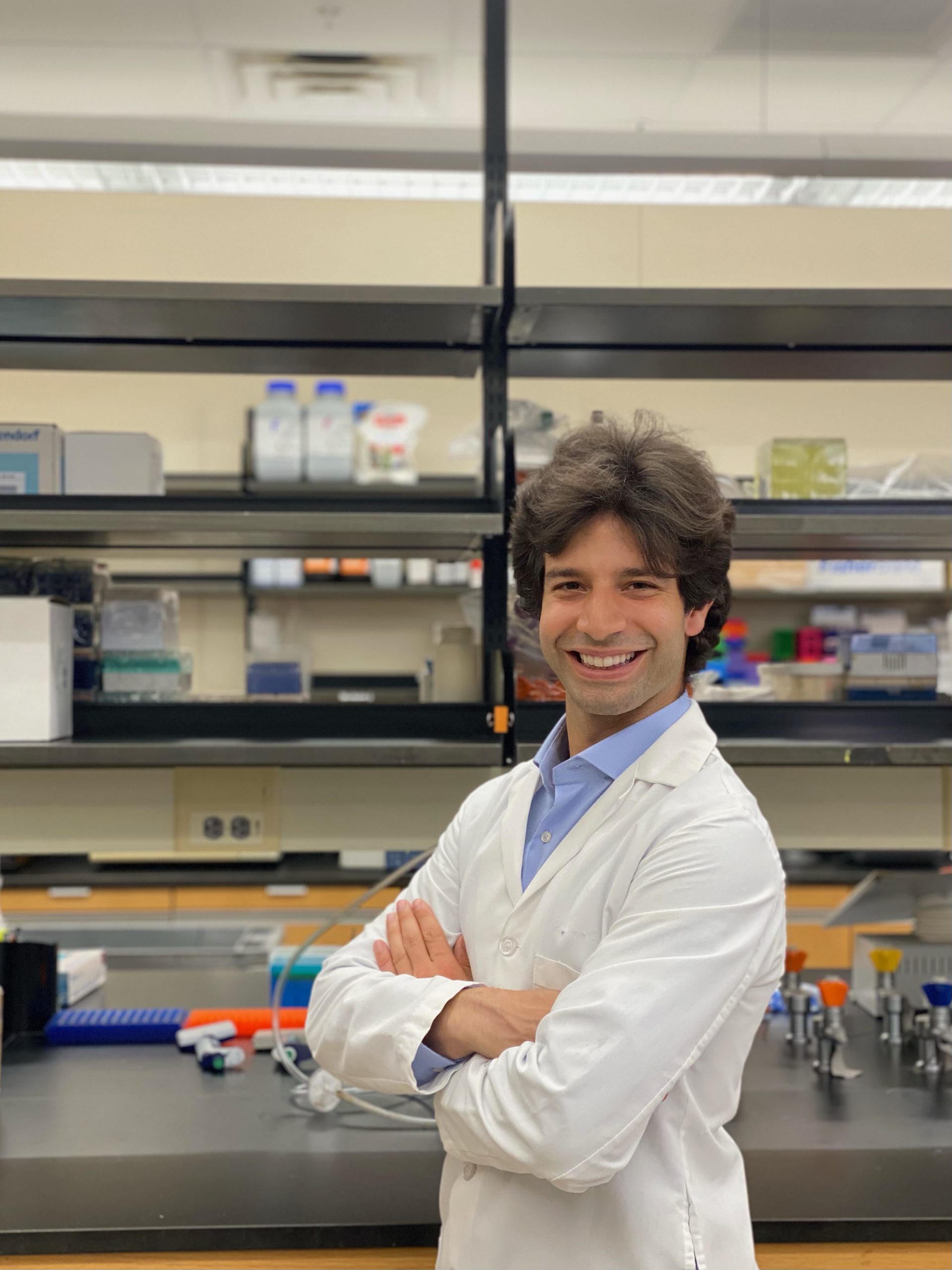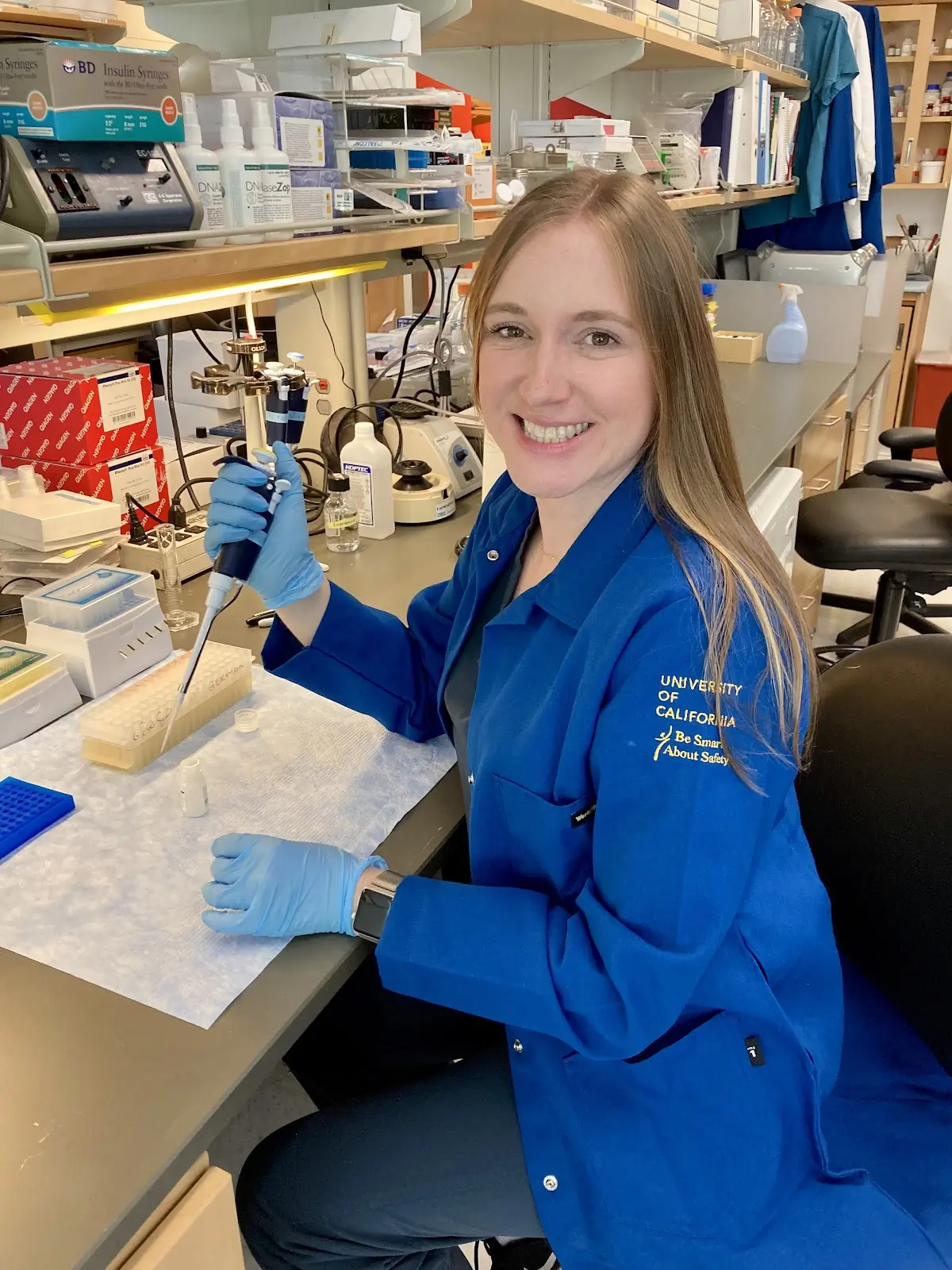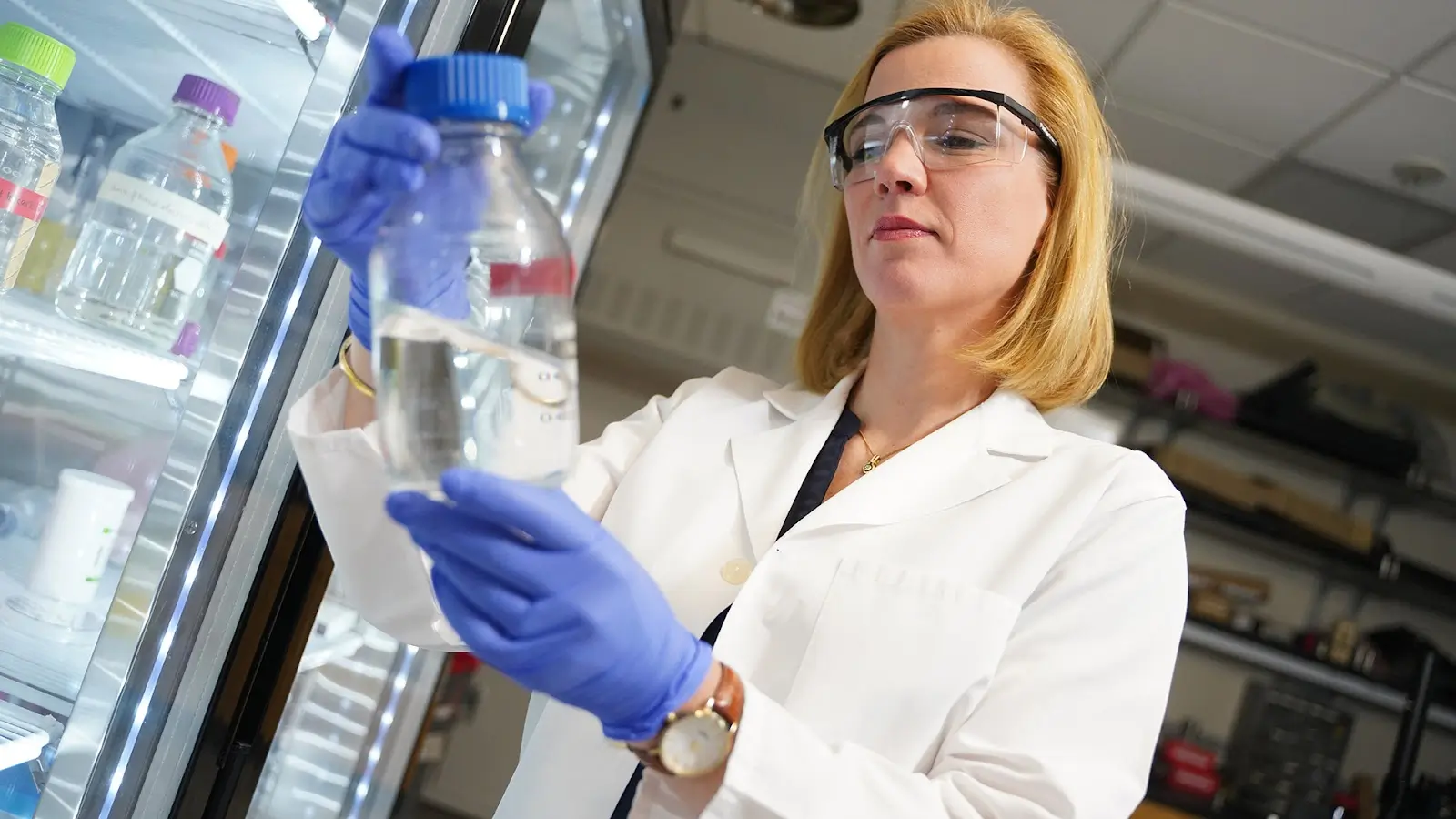Project Description
Type 1 diabetes (T1D) is the most common form of diabetes in infants and adolescents, affecting over one million Americans. It happens when the immune system targets the patient’s own insulin-producing pancreatic islet cells for destruction. Commonly, T1D is treated by life-long insulin supplementation. The only cure for T1D is a whole pancreas or pancreatic islet transplant. Yet, this procedure requires life-long immunosuppression to prevent immune rejection and autoimmunity. Therefore, it would be necessary to prevent the immune system from turning against its own body. What if we could re-educate the patient’s immune system to accept pancreatic islets?
The immune system uses different T cell (thymocytes) types to recognize, fight and neutralize foreign substances. Autoimmune diseases, such as T1D, occur when the immune response is directed against the body itself. Regulatory T cells (Tregs) are a rare subset of T cells dedicated to limiting unwanted and excessive immune responses. Infusing T1D patients with Tregs is safe. But Tregs that are not specific for pancreatic islets are unlikely to treat T1D, as only a small percentage of the infused Tregs recognizes disease-relevant molecules. Islet-specific Tregs are significantly more potent suppressors compared to bulk Tregs which represent a mix of many specificities. However, while islet-specific Tregs prevent and even reverse autoimmune diabetes in preclinical studies in mice, they are exceedingly rare.
To get around this challenge, we are engineering islet-specific chimeric antigen receptor (CAR) and introducing them in human Tregs to re-establish immune tolerance in T1D. A CAR is an artificial receptor that can be designed to recognize any protein on the surface of a cell and activate T cells upon binding to that target protein. Previously, we created a CAR specific for HLA-A2, a protein found in 30% of the population. We showed that anti-HLA-A2 CAR Tregs can recognize HLA-A2 positive pancreatic islets in preclinical studies in mice and block T cell proliferation, a key step in the immune response.
Can engineered anti-HLA-A2 CAR Tregs prevent human pancreatic islet rejection? We will use special mice, so-called humanized mice, to test whether human anti-HLA-A2 CAR Tregs can protect human HLA-A2 positive pancreatic islets from immune attack by human killer T cells. To test this, we will evaluate pancreatic islet graft survival, blood sugar levels, and killer T cell infiltration in the pancreatic islet graft. In order to maximize CAR Treg therapy, we will compare different versions of the anti-HLA-A2 CAR artificial receptor differing in their protein structure, aiming to improve anti-HLA-A2 CAR Treg growth, stability, and suppressive capability.
This project focuses on the root cause of T1D which is the autoimmune attack of pancreatic islets by T cells. We will genetically engineer human Tregs to tolerate the immune system in pancreatic islets, which has not been accomplished to date. Thanks to this generous funding opportunity from the Diabetes Research Connection, my laboratory at the Medical University of South Carolina will be able to obtain much-needed preclinical data to help realize the promise of immune therapy for T1D.
Click HERE to view Dr. Leonardo Ferreira’s video.







